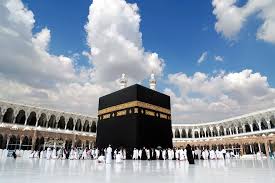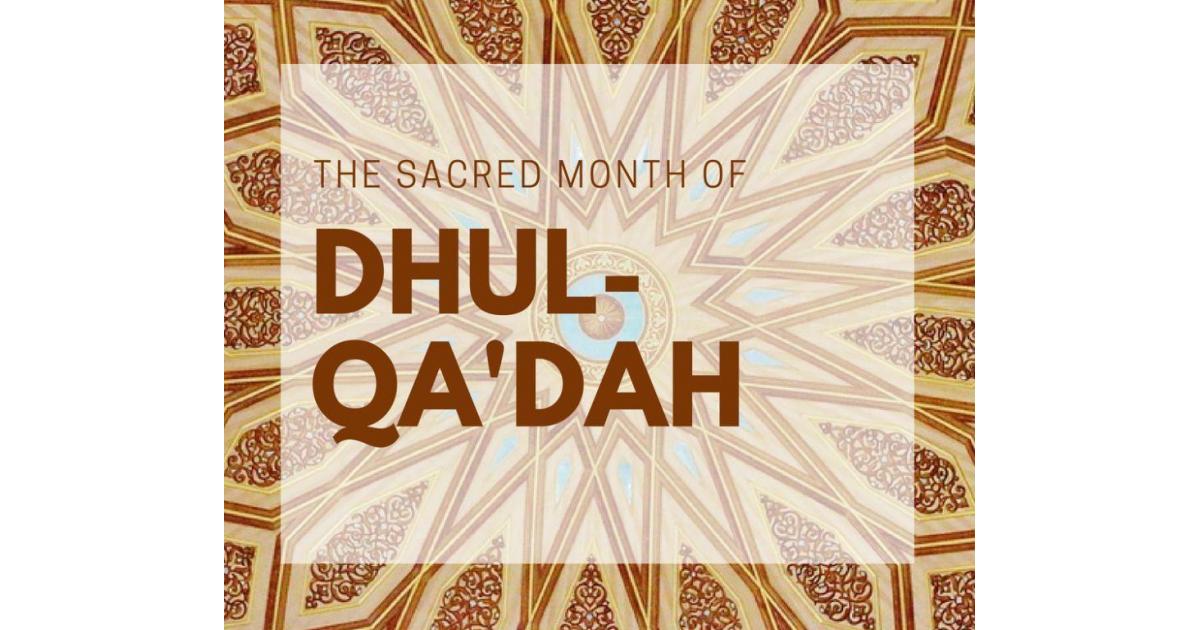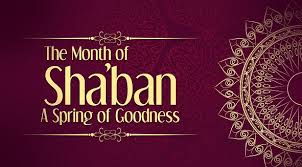The Islamic calendar is filled with months that hold deep spiritual and cultural significance for Muslims around the world. One such month is Rajab. This article delves into Rajab’s Month, exploring its significance, traditions, and how it prepares Muslims for the upcoming holy month of Ramadan. At thefuturedreams.com, we aim to provide you with comprehensive insights into these important aspects.
1. Rajab Month
The Rajab Month is the seventh month of the Islamic lunar calendar. It is one of the four sacred months in Islam during which warfare is traditionally prohibited. The sanctity of this month is emphasized in the Quran, and it is a time for Muslims to increase their worship and good deeds. Rajab, alongside Dhul-Qa’dah, Dhul-Hijjah, and Muharram, holds a special place in Islamic tradition, with specific references in both the Quran and Hadith highlighting its importance. The word “Rajab” itself is derived from the Arabic root word meaning “to respect,” underlining the deep reverence Muslims have for this month.
2. Rajab’s Significance
The Rajab Significance lies in its status as a sacred month. It serves as a period for spiritual reflection and preparation for Ramadan. Rajab is also notable for the event of Isra and Mi’raj, which commemorates the Prophet Muhammad’s night journey and ascension to the heavens. This event underscores the importance of Rajab in Islamic history and theology. The spiritual significance of Rajab is also tied to the tradition of performing good deeds and seeking forgiveness. It is a time when Muslims believe that sins can be forgiven, and blessings can be multiplied, making it a prime opportunity for spiritual cleansing and renewal.
3. Rajab’s Fasting
Rajab Fasting is a common practice among devout Muslims. While fasting in Rajab is not obligatory, many Muslims choose to fast during this month to earn additional blessings and spiritual rewards. Fasting on specific days, such as the 27th of Rajab (the day of Isra and Mi’raj), is particularly popular. The Prophet Muhammad encouraged fasting in the sacred months, making Rajab a special time for this act of worship. Fasting in Rajab is seen as a means of drawing closer to Allah, demonstrating self-discipline, and preparing the body and soul for the upcoming fasts of Ramadan.
4. Rajab’s Islamic Traditions
Rajab Islamic Traditions encompass a variety of practices aimed at enhancing spiritual growth. These traditions include increased prayers, fasting, and charitable acts. Muslims often recite special supplications and engage in acts of worship to seek forgiveness and mercy from Allah. The month also provides an opportunity to reflect on one’s actions and make positive changes in preparation for Ramadan. Some traditions involve nightly prayers and recitations, as well as family gatherings to discuss the significance of the month. These practices help to build a sense of community and shared purpose among Muslims.
5. Rajab’s Virtues
The Rajab Virtues are numerous, emphasizing its role as a month of mercy and forgiveness. One of the key virtues is the opportunity for spiritual renewal and purification. Muslims believe that good deeds performed in Rajab are rewarded manifold. The virtues of Rajab also include the chance to seek Allah’s pardon and to strengthen one’s faith and devotion. The month serves as a reminder of Allah’s infinite mercy and the potential for every individual to return to the right path through sincere repentance and devotion.
6. Rajab and Isra and Mi’raj
The connection between Rajab and Isra and Mi’raj is profound. The Isra and Mi’raj refers to the miraculous night journey of the Prophet Muhammad from Mecca to Jerusalem and his subsequent ascension to the heavens. This event is celebrated on the 27th of Rajab and holds great spiritual significance. It serves as a reminder of the Prophet’s special status and the importance of Rajab in the Islamic faith. The event is often commemorated with special prayers and gatherings where the story of Isra and Mi’raj is recounted, emphasizing the lessons and messages derived from this miraculous journey.
7. Rajab Prayers
Rajab Prayers are an integral part of worship during this month. Muslims often perform additional prayers (nafl) to seek Allah’s blessings. Special prayers, such as Salat Ragha’ib, are offered on the first Thursday night of Rajab. These prayers are believed to bring immense spiritual benefits and are a means of drawing closer to Allah. The increased focus on prayer during Rajab helps Muslims to cultivate a deeper sense of spiritual awareness and connection with their Creator, setting a strong foundation for the approaching month of Ramadan.
8. Rajab and Ramadan Preparation
Rajab serves as a preparatory period for the upcoming holy month of Ramadan. Muslims use this time to increase their acts of worship, reflect on their spiritual state, and make necessary adjustments to their lifestyle. By doing so, they aim to enter Ramadan in a heightened state of piety and readiness for the rigorous fasting and spiritual activities that it entails. This preparation includes setting spiritual goals, planning charitable activities, and ensuring that one’s heart and mind are ready for the intense devotion that Ramadan demands.
9. Rajab Celebrations
Rajab Celebrations vary across different cultures and communities. While the month is generally marked by increased religious observance, some communities also hold special events to commemorate Isra and Mi’raj. These celebrations may include communal prayers, religious lectures, and gatherings where the significance of the month is discussed. Such events foster a sense of community and shared faith. Additionally, some families may prepare special meals or engage in acts of charity to honor the sacredness of the month, reinforcing the communal and altruistic spirit of Rajab.
10. Rajab Observances
Rajab Observances are diverse and reflect the importance of the month in Islamic practice. These observances include fasting, additional prayers, and acts of charity. Muslims are encouraged to read and reflect upon the Quran more frequently during this month. The observances in Rajab set the tone for the increased devotion and piety that characterizes the following months of Sha’ban and Ramadan. Observing these practices helps to cultivate a disciplined and spiritually enriched lifestyle, aligning one’s actions with the teachings of Islam.
11. FAQs about Rajab
1. What is the significance of Rajab in Islam?
- Rajab is one of the four sacred months in Islam, known for its spiritual significance and the event of Isra and Mi’raj. It is a time for increased worship and reflection.
2. Is fasting in Rajab obligatory?
No, fasting in Rajab is not obligatory, but it is highly recommend and considered meritorious. Many Muslims choose to fast during this month to earn spiritual rewards.
3. What special events occur in Rajab?
- The most notable event in Rajab is Isra and Mi’raj, which is celebrate on the 27th of the month. This event commemorates the Prophet Muhammad’s night journey and ascension to the heavens.
4. How do Muslims prepare for Ramadan during Rajab?
- Muslims use Rajab to increase their worship, reflect on their spiritual state, and make positive changes in preparation for Ramadan. This includes setting spiritual goals and planning charitable activities.
5. What are some common practices during Rajab?
- Common practices during Rajab include fasting, additional prayers, charitable acts, and increased Quranic recitation. These practices help Muslims to strengthen their faith and devotion.
12. Conclusion
In conclusion, the Rajab Month holds immense spiritual and cultural significance for Muslims worldwide. Its virtues and traditions provide a pathway for spiritual growth and preparation for Ramadan. Whether through fasting, prayers, or other acts of worship, Rajab offers a unique opportunity to deepen one’s faith and devotion. At thefuturedreams.com, we hope this detailed exploration of Rajab enhances your understanding and appreciation of this sacred month. By observing the practices and traditions of Rajab, Muslims can embark on a journey of spiritual renewal and be better prepare for the blessed month of Ramadan.




